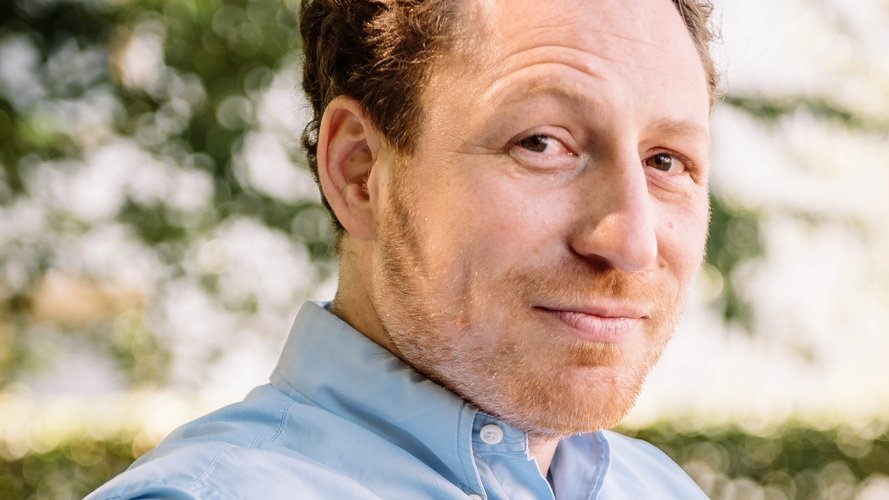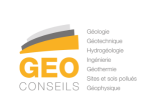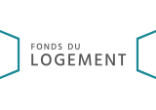
A new alliance for the future
Environmentalism and well-being research should ally for a socially and environmentally sustainable future. Technological change and energy efficiency are insufficient to reduce environmental impact without limiting consumption[1]. This, however, proved very difficult to achieve. Well-being research offers a new perspective and indicates venues for sustainable and satisfactory lives. The key idea is to expand well-being, and to abandon the logic of imposing limits.
Giving up consumption and the comfort of modern lives is scary because it equates leading grim, unhappy existences : this is a misconception.
Research showed that consumption contributes to well-being only at early stages of economic development. Beyond a certain threshold, its contribution to additional well-being is negligible. So, why is it difficult to reduce consumption in affluent societies ? The usual answer is that people are greedy, self-interested and competitive. However, well-being research clarified that people care for future generations, and suggests that over-consumption and unsustainability originate in people’s fear[2] about the future.
The extent to which fear fuels consumption depends considerably on people’s trust in collective action : if people trust that others will do their part in a collective effort, and that the institutions in charge of coordination are reliable, then people will likely cooperate to solving common problems, such as environmental issues. However, if trust is low, the possibilities for cooperation are scarce and people opt for private solutions to shelter themselves and their beloved ones against deteriorating environment. This is a typical problem of collective impotence : the crisis of cooperation leads to private solutions, boosts consumption and growth, prioritizes money, introduces a trade-off between productive and unproductive activities, and worsens the ecological problem. The result is growing environmental and social degradation amidst economic growth and unhappiness.
This can change. Well-being depends durably on people’s relationships with themselves, with the others and with the environment. An agenda that prioritizes well-being, by promoting social relations, can break this circle and put societies on a virtuous path whereby economic growth is decoupled from people’s ability to enjoy a good life ; probably a slower growth, but one that is better suited to fit people’s needs.
This is why progress should be evaluated according to society’s ability to transform its resources in quality of life, and not by the growth rate of the economy.
Introducing car-free areas in cities, cooperative teaching in schools, and limiting advertising are concrete areas of relatively simple interventions to promote social relations and cooperation, in favor of better lives and a peaceful and respectful coexistence with other species on Earth.
NB : The author is thankful to Dr. Thomas Gibon (LIST) for early comments and fruitful discussion. The views and ideas expressed in this article are the sole responsibility of the author.
Francesco SARRACINO, Ph.D., Economist, Statec Research Division
Photo : Fanny Krackenberger
[1]Haberl, H., Wiedenhofer, D., Virág, et al. (2020). A systematic review of the evidence on decoupling of GDP, resource use and GHG emissions, part II : synthesizing the insights. Environmental Research Letters, 15(6), 065003. Available here : https://iopscience.iop.org/article/10.1088/1748-9326/ab842a
[2]There are many explanations for over-consumption, from positional competition to the search for identity. These explanations coexist and can be a consequence of the mechanism summarized here.
Article tiré du dossier du mois « Énergie, ville : soyons énergiphiles ! »
























































